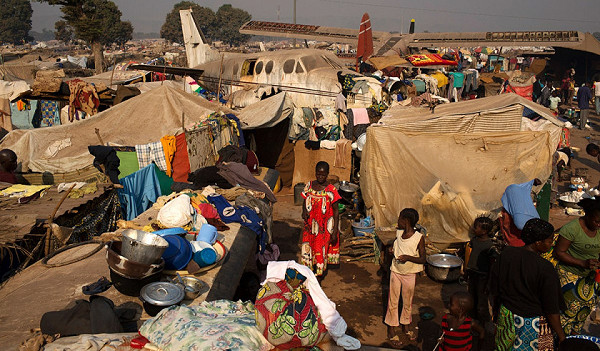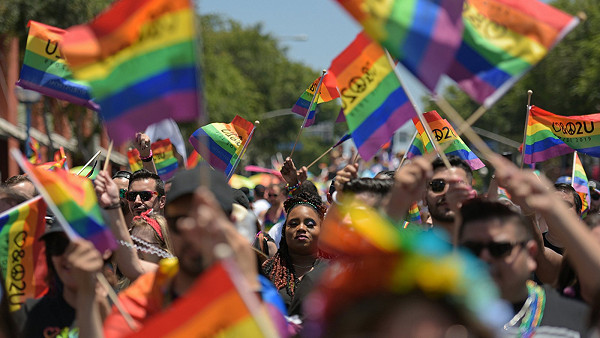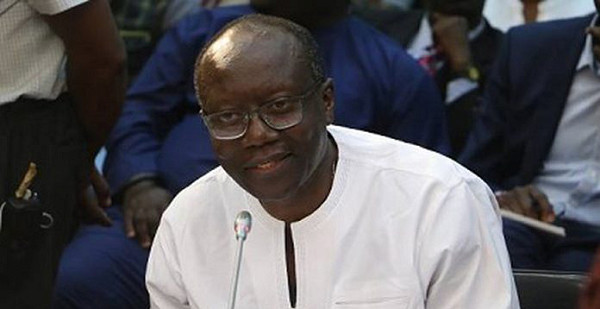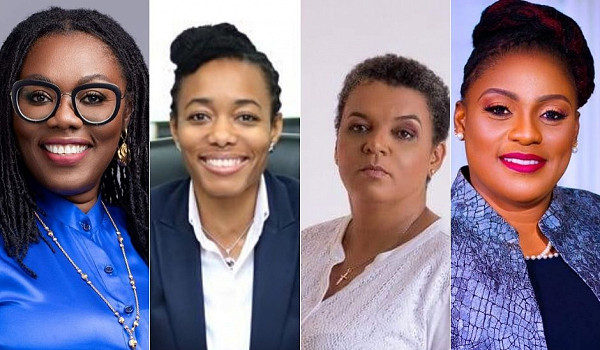The existence of a death penalty has long been a subject of fervent debate in democracies all over the world. The death penalty is a form of capital punishment instituted by the 1992 Constitution of the Republic of Ghana and requires that certain crimes, as dictated by the law be punished by death. Having carried out its last execution in 1993, Ghana is considered abolitionist in practice, although no official moratorium on execution has been imposed.
This notwithstanding, the domestic law of the nation still permits the application of the death penalty for treason under the Constitution as well as for a number of other offenses, such as murder, genocide and the smuggling of gold and diamonds, under the Criminal Code and Other Offences Act. The Armed Forces Act also permits the execution of treasonous and mutinous military personnel during times of war (Parliamentarians for Global Action, 2022).
In recent times, the topic has once again garnered attention in Ghana as Parliament is currently debating whether or not to replace the death penalty with a life in prison sentence.
One of the primary arguments against the death penalty is rooted in the fundamental right to life and the belief that every individual possesses an inalienable right to life and inherent dignity. By abolishing the death penalty, Ghana can align itself with global trends towards the protection of human rights and promote a more compassionate justice system. According to the Death Penalty Information Centre, more than 70% of the world's countries have abolished capital punishment in law or practice.
Hon. Francis Xavier Sosu, Member of Parliament for Madina, put forth a Bill in June 2021 to repeal Act 29 of the Criminal and Other Offenses Act of 1960, which include the death penalty. The request aims to end the death sentence for majority of capital crimes as defined by the Constitution and would allow Ghana to join the growing number of countries that have rejected capital punishment and view it as an abuse of human rights.
There are arguments that there is no legal system that is immune to errors, and the irreversible nature of the death penalty means that any miscarriage of justice becomes irreversible as well. Replacing capital punishment with life imprisonment allows for potential errors to be rectified, providing a chance to correct wrongful convictions and ensure justice is upheld. In the USA for instance, out of the existing fifty (50) states, twenty- seven (27) still allow the death penalty and it has been revealed that since 1989, twenty (20) persons who have been executed have later been found to be possibly innocent.
Studies have also shown inconsistent evidence regarding the deterrent effect of the death penalty. Therefore, by opting for other forms of punishment, Ghana can redirect resources towards effective crime prevention strategies, such as improving law enforcement, social programs, and rehabilitation, which have demonstrated positive impacts on reducing crime rates in other parts of the world.
However, there is another school of thought who argue for upholding the death penalty. They believe that certain crimes like genocide and high treason are so severe and heinous that they warrant the ultimate punishment. The death penalty serves as a form of retribution, offering a sense of justice to victims and their families and provides a tangible punishment that reflects the gravity of the crime committed.
Life imprisonment may be viewed as a less severe punishment compared to the death penalty, potentially leading to concerns over public safety. Supporters of capital punishment argue that executing dangerous offenders removes the possibility of them causing further harm, ensuring the protection of society.
As a think tank dedicated to socio-economic development in Ghana, CDS Africa recognizes the importance of the debate on repealing the death penalty and urges that we exercise tact and restraint to prevent any hasty rescission and implementation. The matter is complex and demands careful consideration and deliberation by all Ghanaians and stakeholders.
Both sides of the debate have raised valid points, highlighting human rights concerns, potential errors in the justice system, the need for retribution, and public safety. It is crucial for Ghana's legislature to engage in extensive deliberation, considering empirical evidence, international standards, and the aspirations of its citizens. Ultimately, the goal should be to build a justice system that ensures both the protection of society and the preservation of human rights.







